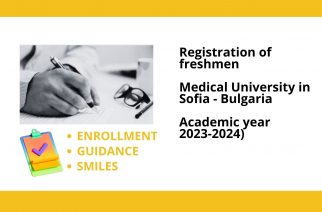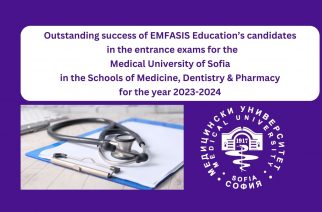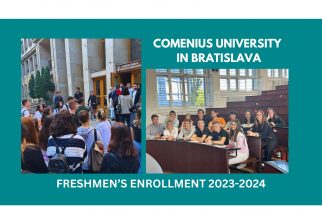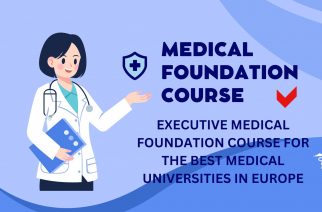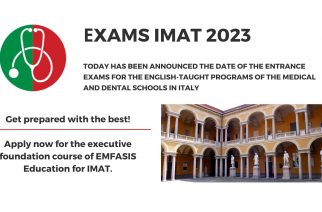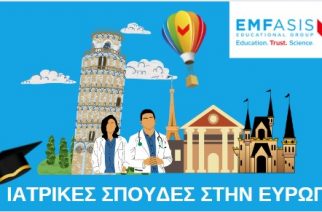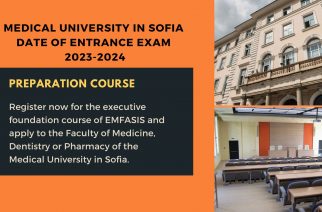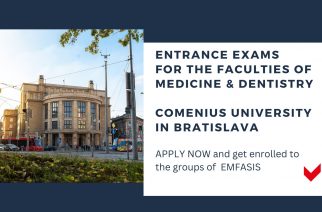
Arabic is the 5th most widely used language in the world, and in the last years it is also evaluated in Greece as one of the most important languages in the world.
It is the official language of more than 20 countries, spoken by more than 300 million people. Most Arabic-speaking nations are mainly found in the Middle East but there are minorities throughout the world speaking Arabic as their native language.
Arabic is also included in the official languages of the United Nations, the UNESCO, the Arabic Link, the Organization of the Islamic Conference and the African Union. It belongs to the group of Semitic languages, which also includes Hebrew, and Amharic which is the official language of Ethiopia.
It is a written and spoken language, as well as it constitutes the functional language of Islam and Koran, the sacred book of Muslims. This makes it the most important language of the Islamic world in a period longer than one thousand and four hundred years. Arabic is written from the right to the left. It has 28 letters. Arabic is a word-type language, i.e. it is a language based on roots, each one of them constitutes the beginning of tens of other words.
Why should I learn Arabic?
You should learn Arabic for educational or cultural reasons. Although both the Arabic and the Islamic world suffered a crisis, especially after September 11, 2001, the interest in the Arabic language has significantly increased for two reasons described below:
- a) Sciences related to Islam and Middle East were developed, especially concerning the case of Palestine and the “Arabic Spring”. Scientists and students were forced to learn Arabic in order to be able to study the Islamic and Arabic sources.
Today, thousands of Greeks are looking for a job in the Arabic world, especially engineers, doctors, nurses, merchants, pilots, stewardesses, sailors and other professionals. Learning of Arabic is very important in order to be able to communicate with other people in their job.
Another reason is the fact that Arabic is one of the oldest languages in use, as well as that it is the “origin” of many other languages. It is generally accepted, that Arabic is the key language to many modern languages.
For thousands of years, only a few changes occurred in the Arabic language, whereas it was suitable for each era through a great number of civilizations who used it as their native language. In reality, most of the modern languages are affected by Arabic, even Greek. The best proof for that is the development and adopt of the Arabic numbers (0, 1, 2, 3…) from all the world, as well as the countless words of Arabic origin that are globally used (Algorithm, Algebra, Alcohol, Coffee, Sugar, etc.). Arabic was the international language of sciences, mathematics, civilization and philosophy during the middle ages. Its contribution to the Western Civilization as an a foundation for further development of sciences and medicine is huge.
In which countries is Arabic spoken?
Arabic is spoken – as official language – in following countries: Palestine, Syria, Lebanon, Jordan, Iraq, Kuweit, Saudi Arabia, Qatar, United Arab Emirates, Yemen, Oman, Bahrain, Egypt, Sudan, Libya, Tunisia, Algeria, Morocco, Mauritania and Somalia. Apart from these countries, important centres for the Arabic language are found in Islamic (Turkey, Pakistan, Malaysia, Iran etc.) and non-Islamic countries (Canada, Australia, countries of Europe, USA, Japan and Russia), where the Arabic language and culture is taught.
The main purpose of the Arabic Learning Program is to reveal the unknown and fascinating world of the Arabic Language. Upon completion of the 2nd year, you will be able to read, write and speak Arabic at a level corresponding to the Lower level of English learning programs.
The Arabic language has many dialects, but the classical one was and continues to be used throughout the entire Arab world. You will be taught the classical language used in books and newspapers, on television and radio and in conversations among the most educated Arabs from different countries (for example, in international conferences). It is the official language in 20 countries.
Learning period
Learning Arabic takes time. It takes about one year of courses to communicate with an Arab on a daily basis. If a student is more dedicated he/she might need less time, depending on his/her ability to learn foreign languages and the interest and diligence as well.
Arabic certificate
Due to the fact that Arabic is officially used in 22 Arab countries and each one has its own laws concerning certification of Arabic knowledge, this is settled in contact with the embassy of each particular country in Greece.
Examinations
In June exams are conducted in Greece in cooperation with the Egyptian Educational Center of Athens and Thessaloniki, respectively.
Some useful Arabic words/expressions:
| Arabic | Greek |
| Mar-haba | hi |
| Ahlan-Wa-Sahlan | welcome |
| Shukran | Thank you |
| Aasef | Sorry |
| ‘Afwan | You are welcome |
| Na’am | yes |
| La | no |
| Mabrook | congratulations |
| As-salaam-alaykum | Peace on you (Islamic greeting) |
| Kaifa-haluk? (m) / Kaifa-halik? (f) | How are you? |
| Kam-es-sa’ah? | What time is it? |
| Al-hamdu-lellah | Thank God (often used as an answer to the question “Kaifoun-Chalouk”?) |
| Ma’as-salama | goodbye |


